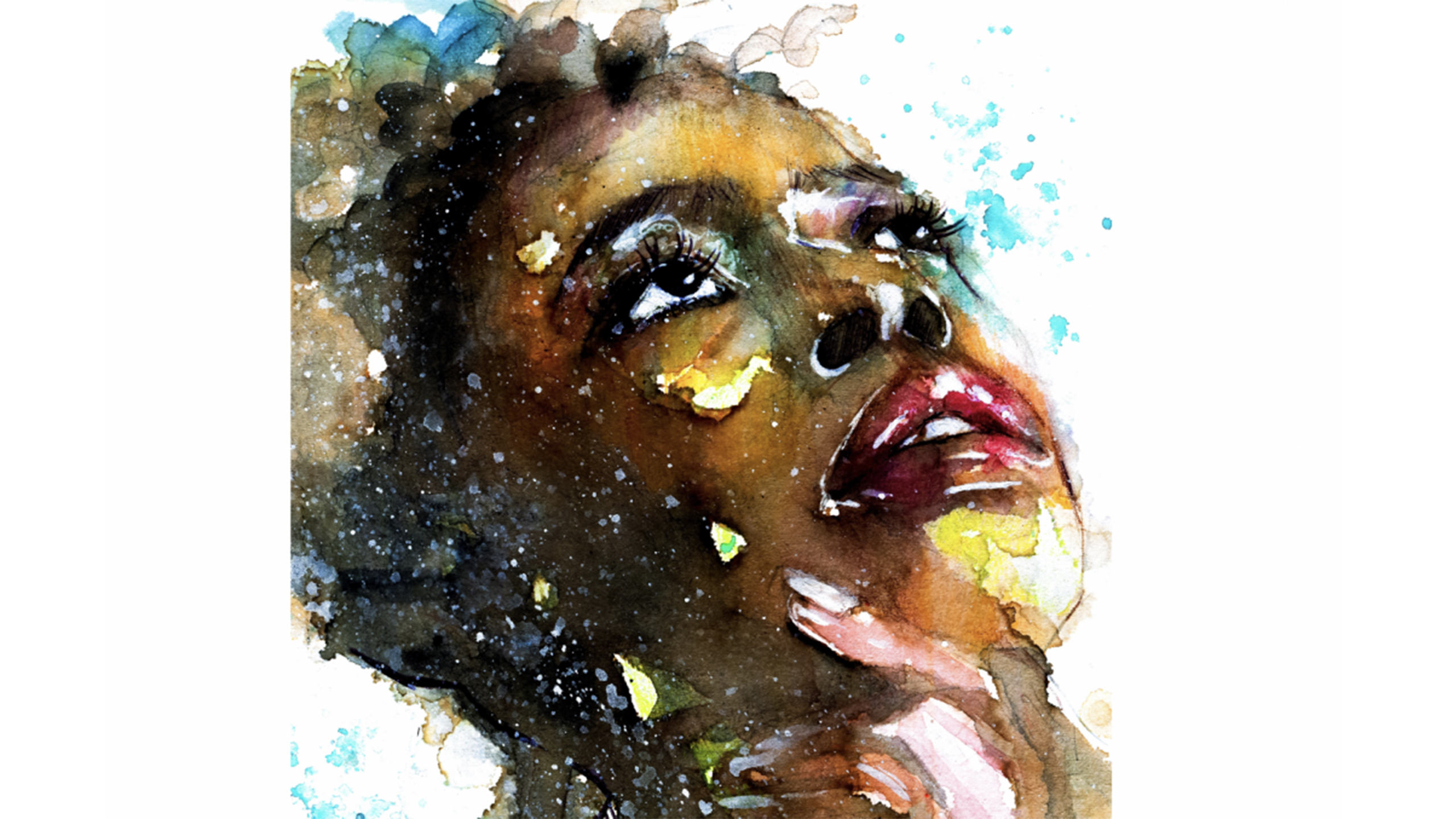
As a teacher in Baltimore City Public Schools, the ICJS Teachers Fellowship experience has taught me there aren’t enough lessons or teachings about race and religion. It is essential that we expose all students to people of color in all subjects, whether it is having a teacher of color; learning about significant people of color that have impacted history or culture; or hearing and seeing people of color who practice different religions around the world.
By teaching a history of inclusion, we give students a chance to see the many ways in which people who both do and don’t look like them have made an impact on who we are today. For those that live in communities or practice religion in places where there isn’t much diversity, students have the opportunity to see that their religion includes people that don’t look like them. I believe this will lead to acceptance instead of fear of the things and people that look different than us.
We also must teach how religion has been used to exclude people of color in history and in the present. The lesson I created as part of the Fellowship focused on how the Bible was used to justify and condemn slavery in the United States. As a teacher of American government and African American Studies, it was important to acknowledge the impact Christianity played in the slave trade, treatment of slaves, and the Abolitionist movement in the Americas.
I am an African American woman born in the United States and raised as a Christian. Our family was very active in my dad’s church, Christ United Methodist, as well as my mom’s Bethel AME. We spent every Sunday at one church or the other. Both of my parents were a part of the choir, and we attended bible study and the occasional after-church dinner before the afternoon service.
As I became an adult, I started to question my beliefs and the religion in which I had been raised. Part of that questioning came from seeing a place where women were assigned certain roles based solely on their gender. As I learned more about American and African American history, the history of religion in supporting and justifying slavery was problematic for me, as well. The questions of why God would create a world that made slavery okay and why my being a woman meant I had to be treated as “less than” in my religion were always problems for me, as was the term “submissive.”
But as I continued to learn and experience more, I began to have a new understanding and faith in God that only came from learning religious history and experiencing life’s ups and downs. If I didn’t learn about the Christians who helped slaves escape or see and learn about African American women leaders of the Christian faith, I might have walked away and never returned. As an African American Studies minor, I learned this important history and saw myself in that history.
In the Jewish and Muslim religions, I know there are significant people of color from the past and in current times. But over the course of the Fellowship sessions, there seemed to be a limited amount of lessons about people of color. There was a great lesson about Jewish and Muslim women working together to build sisterhood between the two religions. As a woman of color, I noticed the lack of representation of women of color in the film that was presented.
Also, there is not much information provided about the part the Jewish and Muslim religions have played in race relations around the world. I know that people of the Jewish faith, including religious leaders, were very significant in the Civil Rights movement. In Baltimore, my mother’s church, Bethel AME would have regular opportunities for their church and a local synagogue to worship together. But the youth, as well as adults, need to see this kind of camaraderie and relationship-building outside of our religious institutions. Students need to be able to understand and learn about every religion and see themselves as a part of the past, present, and future.
If Christianity, Judaism, and the Islamic faith want to grow and reach all generations, people need to be seen and acknowledged for their ancestors’ part in religious history. There also needs to be acknowledgment of how the religion has failed people of color, now and in the past. Excluding the difficult conversations or avoiding the difficult questions does not build trust or faith in a religion. A basic tenet of Christianity, Judaism, and Islam is truth and forgiveness. How can we expect forgiveness if we don’t tell the whole truth?
 Patrice Frasier is a African American Studies and American Government Teacher at Baltimore Polytechnic Institute. Frasier was a member of the 2020-21 ICJS Teachers Fellowship.
Patrice Frasier is a African American Studies and American Government Teacher at Baltimore Polytechnic Institute. Frasier was a member of the 2020-21 ICJS Teachers Fellowship.
Opinions expressed in blog posts by the ICJS Teacher Fellows are solely the author’s. ICJS welcomes a diversity of opinions and perspectives.